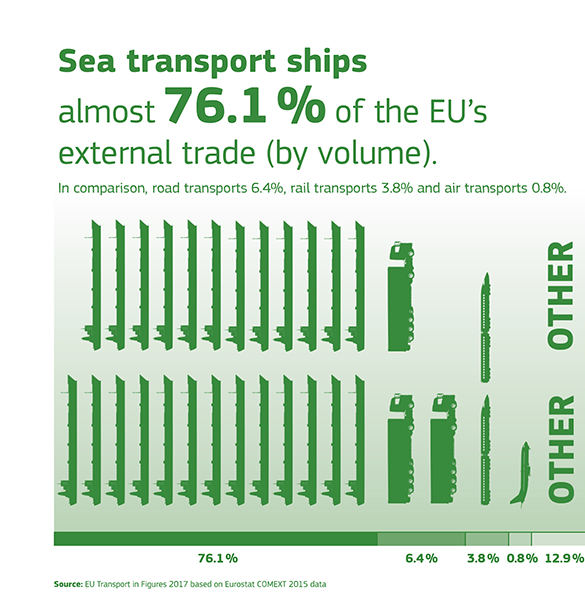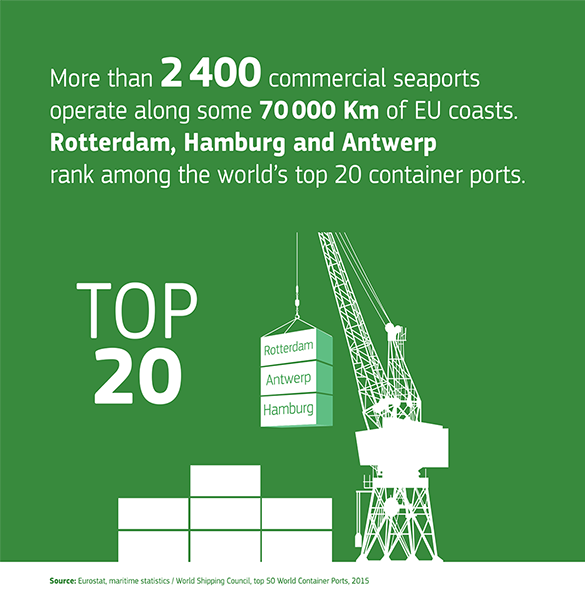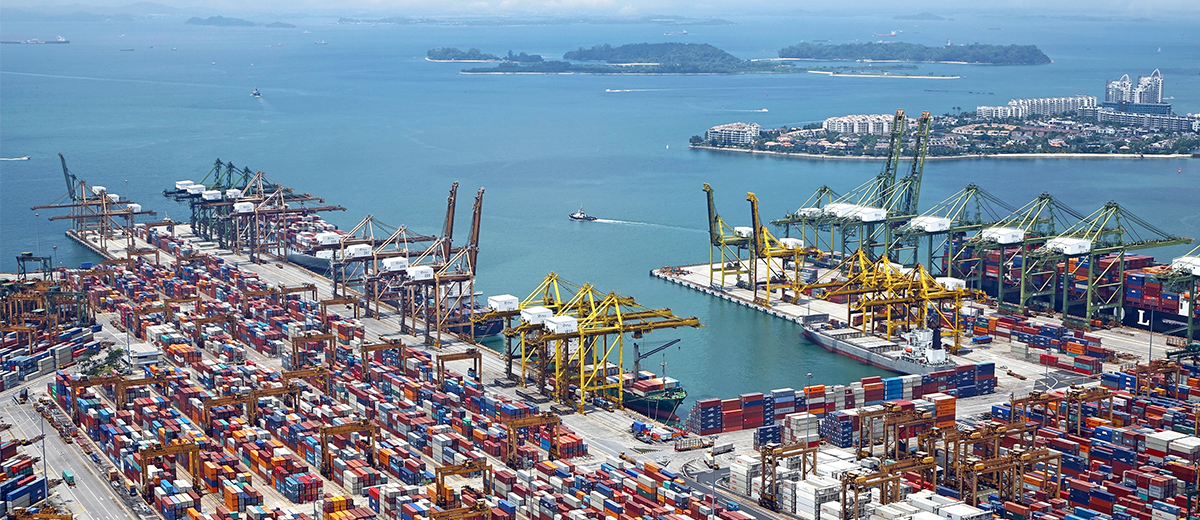With thanks to: Laura H.K.
Can you tell us a little about yourself?
I’m 25, from the city of Southampton and am currently working as a 2nd Officer on a cruise ship. I studied at college for my Officer of the Watch (OOW) Ticket and Foundation Degree in Nautical Science and soon I plan to obtain my Master’s Ticket, after which I would like to distance-study for a Master’s Degree in Maritime Law.
During my two cadet sea phases I worked on 4 different ships, Zuiderdam, Noordam, Volendam & Veendam and as an Officer, I have worked on the Zaandam and Nieuw Amsterdam.
What do you have to do in the job?
A 2nd Officer’s every-day tasks include:
8 Hours of Watch-keeping & side duties, split between:
- Voyage planning
- Training the ship’s crew in Emergency Functions
- Ensuring the Stability Condition & assisting the 1st Officer in maintaining the ship’s Safety & Lifesaving appliances.
Also, mooring operations, Pilot transfers & mentoring junior ranks.
Aside from that, Emergency tasks, for Passenger Vessels, are divided between Navigating, Emergency Communications, Stability Condition, Fire Fighting and Preparing & Lowering Survival Craft. The latter being perhaps the most interesting, with 1 Deck Officer on either side, in charge of lowering, on the Nieuw Amsterdam, 13 Life Rafts & 9 Lifeboats – each.
Can you tell us what skills are needed to do your job?
- Adaptability: You must be able to change work rotations, to the polar-opposite, in a 24-hour period, sometimes work more than what’s required and understand that everyone’s personal circumstances will be different to yours. - Positive attitude: There will be days where you’re tired and missing home, but the trick is to leave your troubles in your cabin and come to work with a smile – hopefully then brightening someone else’s day. - Able to work well with different personalities and cultures - Able to remain calm in sudden, difficult situations. - Patience, for other people and watch-keeping. - Open to criticism and understanding that ’every day is a school day’ at sea.
Can you tell us about the working hours?
For Deck & Technical Officers, you will either work 4 months on the ship and 2 months at home, or 3 months on and 3 months off. 2nd Officers work 8 Hours watch-keeping and 2 hours overtime. The new watch-keeping shifts have changed to a 5-3 system, altered from the classical 4/8. Here you now work a 5-hour shift during the night and a 3 hour shift during the day. This allows for all Deck Officers to have a large, continuous & uninterrupted rest block of at least 10 hours.
How do you see the future if someone would choose your career?
In 2017 it was recorded that there are more than 50,000 ships sailing around the world. Then factoring in that the cruise industry is said to be at its most popular, due to it becoming more and more accessible. To support this, a recent Tradewinds Article states: “The cruise industry is going to need an estimated 9,000 deck officers and engineers to operate the 120 new-builds that are scheduled to take to the water over the next seven years, added that when ratings and hotel crew are factored into the equation, these new ships will require a total of 120,000 seafarers.”
What do you enjoy most about your job?
For the last two contracts I have been assigned the side duty of Training Officer, which I feel is very fulfilling. It not only allows you to continuously interact with the crew, but witness their knowledge develop as you ensure they are fully prepared for any emergencies which may occur on board. Also, I’m currently having extra fun playing director for some Safety Videos we’re creating which aim to make the Drills more engaging. But other than the job itself, there are not many careers in the world where you can work only 6 months of the year, divided into 3 month long “weekends”. “Weekends” entirely disconnected from work. Plus, the travel! Navigating the ship, or at least waking up, to a different port nearly every day is also pretty amazing.
Do you have any tips for someone considering a similar career to yours?
Essentially, if you have a passion for travel, are unconcerned about being away from family and want to daily develop your life skill-sets, then this is a job which you should undeniably consider. But it entirely depends on which sea-going career path you would like to follow. My best advice? Do your research. Thoroughly! For instance, if you’re someone who is concerned about constantly being surrounded by lots of people, such as on Cruise Ships, then through research you can find the types of ships where the compliments remain small. Just please don’t let yourself be blindly lead in to a life at sea – view it as a career, not a diversion.

Click Below to read more about maritime transport:
https://hr-maritime.com/media/interviews/
https://navis-consulting.com/blog/prepare-interview-position-maritime-industry/
https://ec.europa.eu/transport/modes/maritime_en
https://ec.europa.eu/transport/facts-fundings/statistics/pocketbook-2019_en
https://www.espo.be/fact-and-figures
https://www.etf-europe.org/our_work/maritime-transport/
https://www.imca-int.com/
https://www.bimco.org/
https://interferry.com/?
https://www.intercargo.org/
http://www.imo.org/EN/Pages/Default.aspx



























